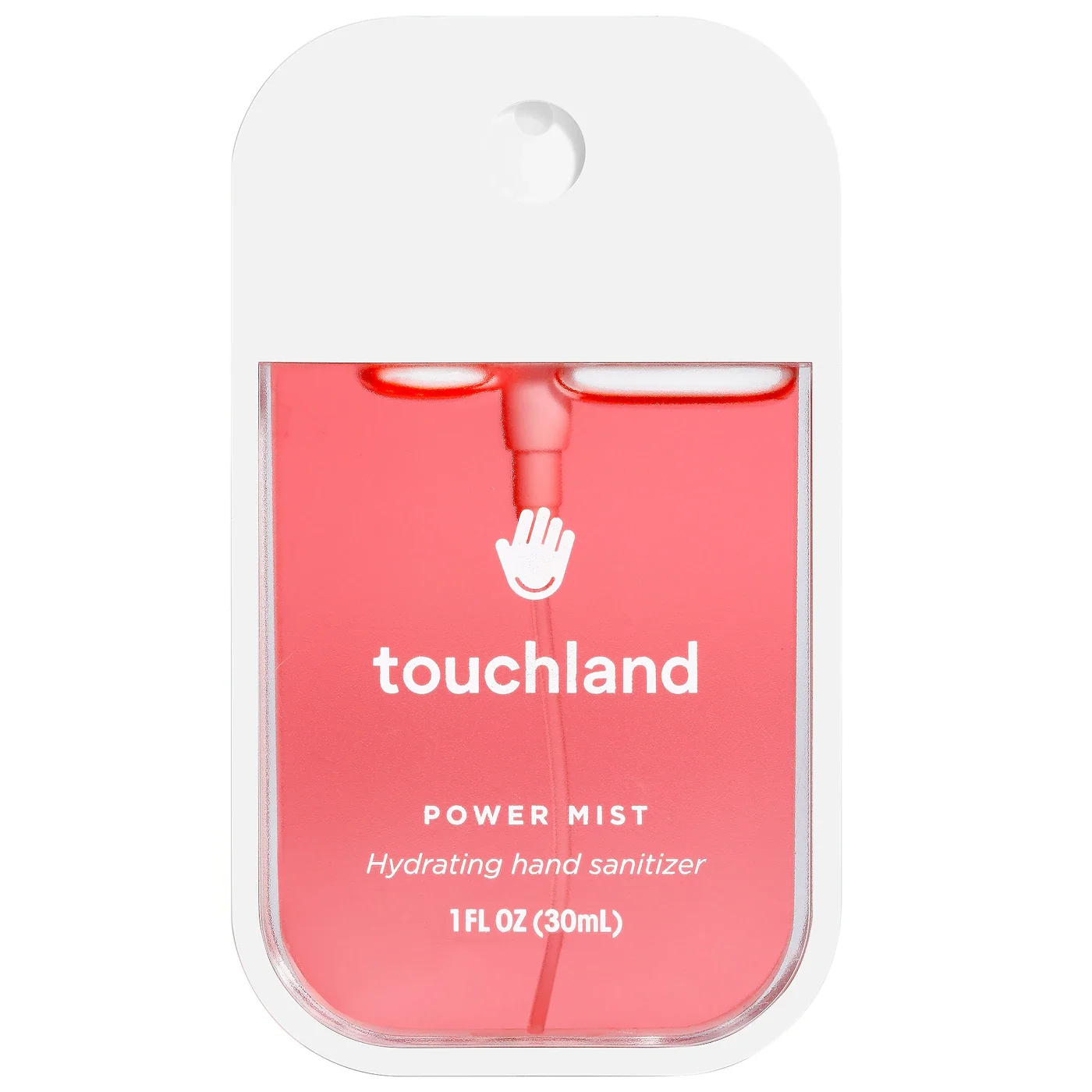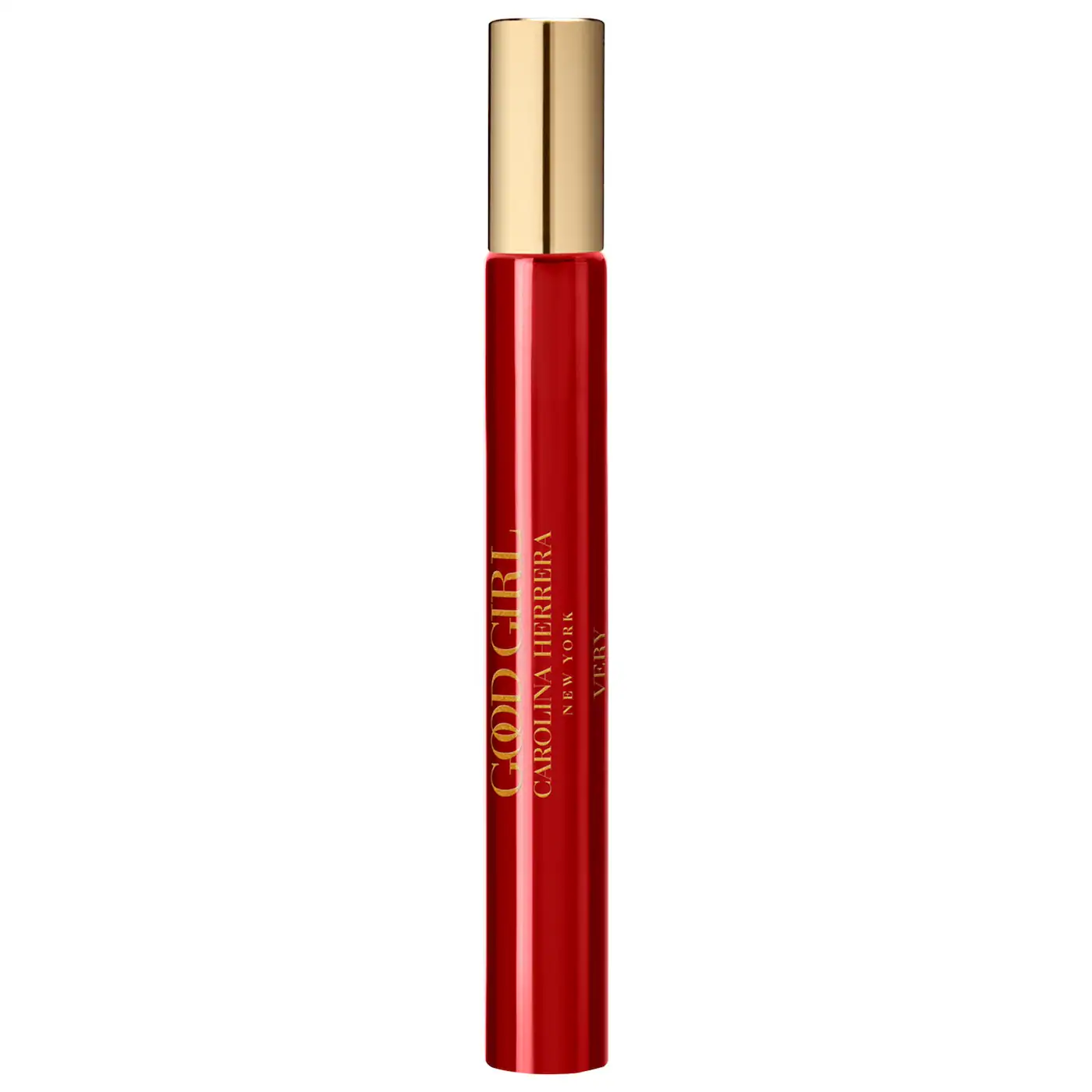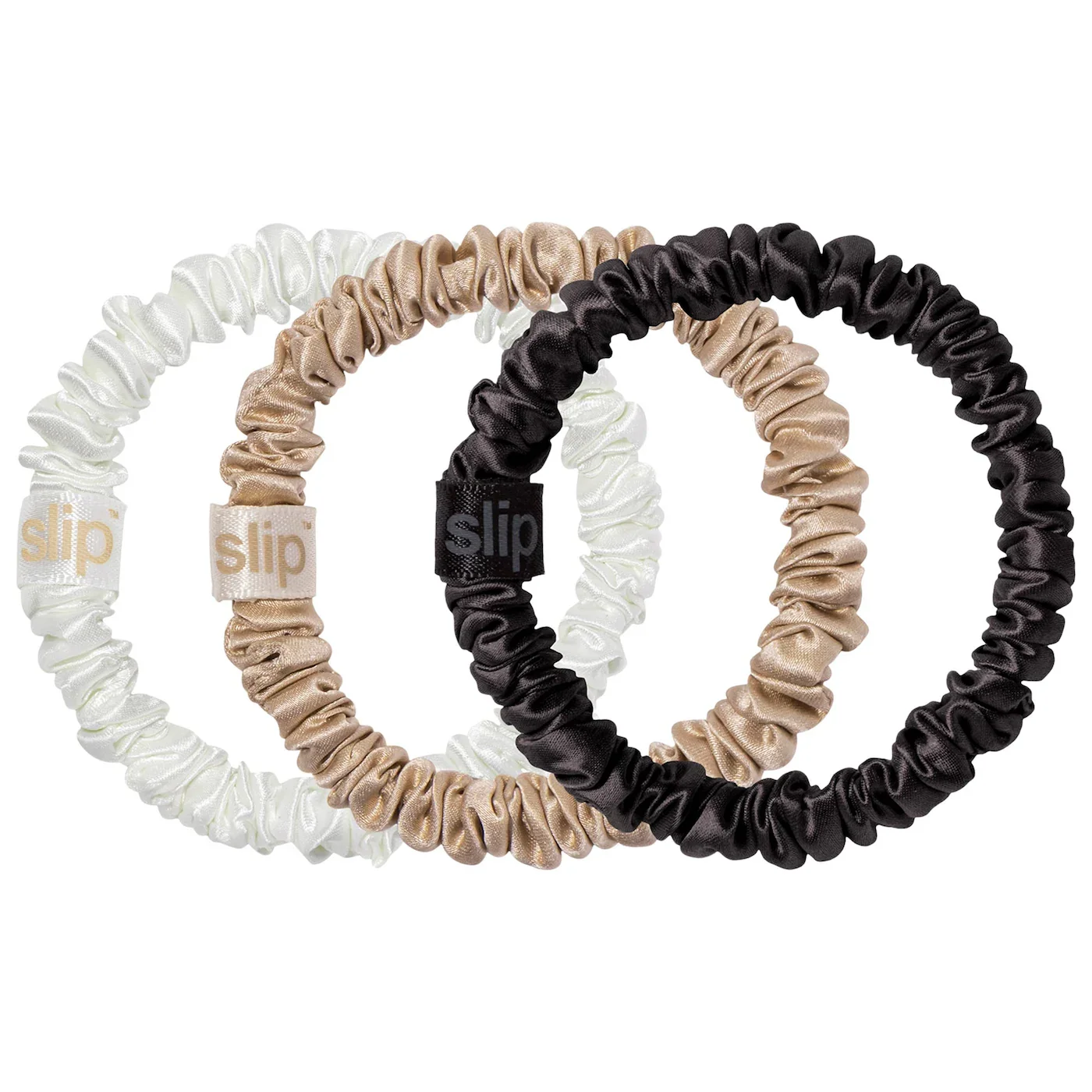
As Breast Cancer Awareness Month comes to a close, a new study sheds some light on the potential connection between hormonal IUDs and breast cancer. This year, the American Cancer Society (ACS) estimates that more than 310,720 new cases of invasive breast cancer will be diagnosed in women in the United States.
The Study: The study, published in the JAMA Network, found that women who use levonorgestrel-releasing IUDs face an increased risk of breast cancer, an unexpected finding given that IUDs were thought to be lower risk. The study looked at 78,000 women in Denmark between the ages of 15 and 49 who used levonorgestrel-releasing (hormonal) IUDs and compared them to the same number of women who did not use the devices.
For women ages 15 to 49 in the United States, approximately 14% of those using contraception take oral contraception pills, and around 10% use long-acting devices like IUDs, according to data from the U.S. Centers for Disease Control and Prevention.
Here’s how hormonal IUDs work: A hormonal IUD, or intrauterine device, is a T-shaped plastic device that releases a synthetic hormone into the uterus to prevent pregnancy. The progestin hormone thickens cervical mucus to block sperm from reaching the egg. Although they are primarily effective at preventing pregnancy, there are side effects. Hormonal IUDs can cause side effects like irregular or missed periods, headaches, nausea, breast tenderness, mood changes, and hair loss.
We spoke with four OBGYNs to get their take on the study and some guidance on IUDs as it relates to breast cancer.
Dr. Tia Guster
Have you found in your practice that women are getting breast cancer due to IUDs?
In my practice, I have not found an uptick in breast cancer related to IUD usage. During consultation for IUD usage, personal and family history are carefully reviewed. We try to find potential alternatives to hormonal IUDs if a patient has a strong personal or family history of breast cancer or other medical issues that might prohibit their use. For a patient with an average risk stratification, a hormonal IUD can be a great option.
When comparing the Danish study to the United States population, keep in mind that breast cancer screening in the US starts at age 40, with many insurance companies covering baseline mammograms at age 35. The Danish population has a slightly older age range for routine screening. Addressing increased risk for hormone-related cancers occurs during the consultation to ensure that the benefits outweigh the risks.
Women at this time should not stop using IUDs. They are great for contraception. They can be used to manage and treat a myriad of gynecologic issues, such as abnormal uterine bleeding, and can be protective against conditions like uterine hyperplasia and endometrial cancer. If a woman still wants the benefits of contraception from an IUD, she can also consider using the ParaGard IUD, which is non-hormonal and just as effective; for any questions or concerns, work closely with your women’s health provider to ensure optimal care.
Dr. Joy A. Cooper, OBGYN
We know there is a small increased risk of breast cancer with any hormones, but it truly is benefits over risks. In a climate where we are struggling to combat maternal mortality and where too many women in America don’t have access to abortion, limiting the use of LNG IUDs should not be exercised, primarily based on this data.
Things I see in my practice are Black women not being screened with mammograms for a myriad of reasons and being diagnosed with later stages of breast cancer.
Black women are also more likely to be diagnosed with breast cancer at younger ages and more likely to have triple-negative breast cancer, which is challenging to treat. We need better screening and more treatment options for our cancers, not less contraception.
Lastly, levonorgestrel IUDs help significantly with the bleeding with fibroid tumors, which we get at higher rates, so this is a fantastic option for treatment and contraception. LNG IUDs also are protective against ovarian and endometrial cancer. It’s all benefits and risks.
Tosin Odunsi, MD, MPH, FACOG
I want to set the record straight on this. With women’s health, there’s a tendency to take tiny risks and make them into terrifying headlines without carefully considering the benefits of treatment, the risk of alternatives, or the risk of not using the treatment. The headlines sound really alarming, but context is important here. For women in their thirties, the absolute risk increased from one in 204 to 1.4 in 204. For those over 35 years old, it is estimated that 14 more breast cancer cases were present in 10,000 women over 5 years. So yes, there is a minimal relative risk that did not increase with the duration of use, but the absolute risk remained low. We also need to note that in the general population, one in seven women has a lifetime risk of developing breast cancer.
When you look at the overall cancer risk of progesterone IUDs, it is lower than if you don’t use it at all because it decreases your risk of uterine cancer and ovarian cancer. One could say that progesterone IUD users have half to 1/4 the risk of uterine cancer, almost half the risk of ovarian cancer, and an even lower risk of non-gynecologic cancers, such as lung and pancreatic cancer.
Should women stop using IUDs? If so, what are other options or solutions?







Progesterone IUDs are used as a treatment option for heavy, painful periods. It is one of the most effective forms of birth control when considering the health and social risks of a potential pregnancy. This study alone should not deter women from using IUDs. Some alternatives include non-hormonal and hormonal options that you can choose based on your lifestyle and family planning goals.
Dr. Jessica Shepherd
This study does not mean to stop using Progesterone IUDs at all, as they do provide a long-acting form of birth control and are still a good option for many women. All contraceptive methods have risks and benefits, and 874 million women use a form of birth control in the world. The IUD is the third most common form used globally, so it has excellent use. Also, for other options, there are birth control pills and IUDs that do not have hormones and do not have the same breast cancer risk. Ultimately, it is best to talk to your doctor about these options.








